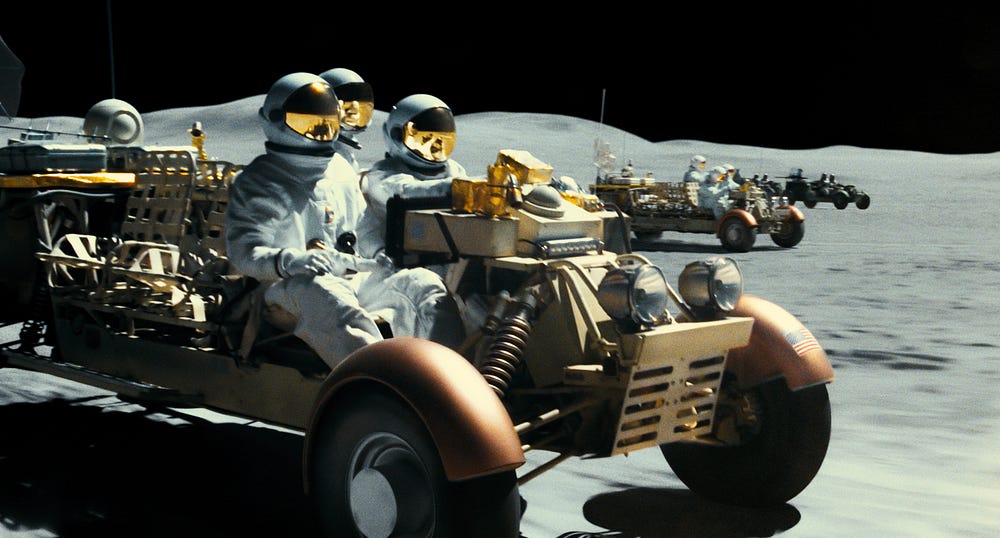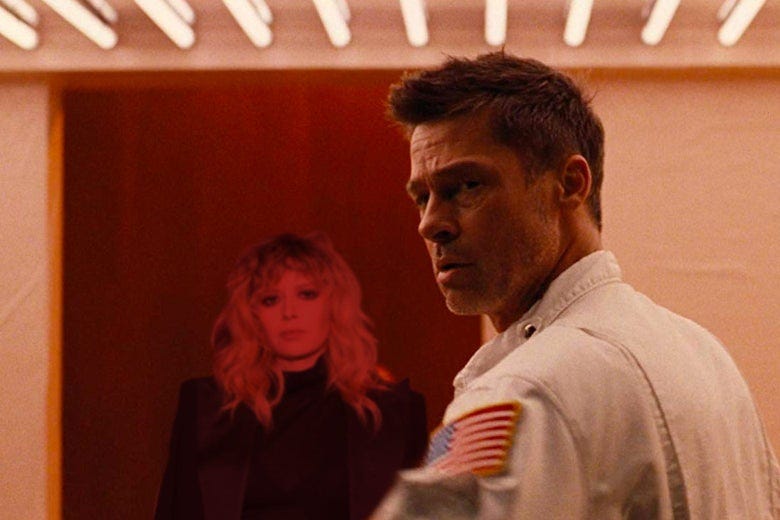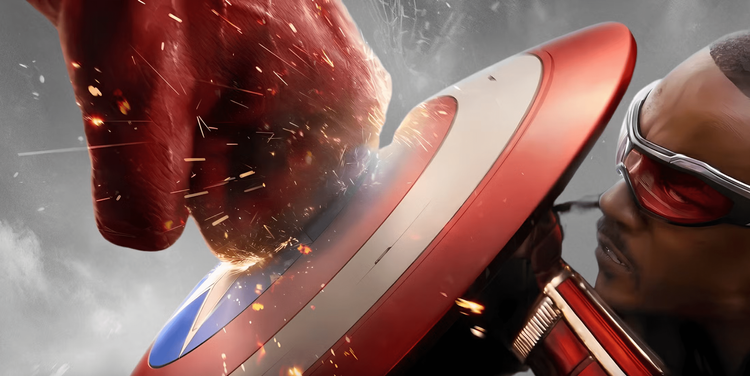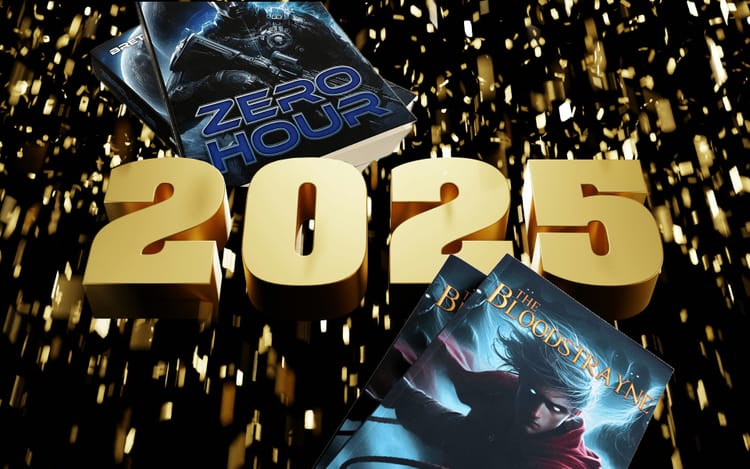Ad Astra Soars But Crashes And Burns

After Endgame came out earlier this year, I didn’t have my eye on too many movies afterwards. I have to admit that I’m starting to tire of all of the franchises and cash-grab remakes like Star Wars, Disney’s live action remakes, and yes, even Marvel.
But one day I ran across the trailer for a new science fiction movie starring Brad Pitt.
Needless to say, my interest was piqued.
Because of said franchises and remakes, It’s not very often that original scifi movies get made these days. Only once in a blue moon does an Interstellar or an Edge of Tomorrow come along to satiate my thirst for entertaining and thought provoking science fiction.
Ad Astra is one such film, and on most fronts, it completely succeeds in that endeavor.
One of the things that took me completely by surprise about Ad Astra was it’s original and yet grounded view of the near future. Never before have I seen a film that so fully encapsulates a fairly realistic depiction of futuristic technology.
Throughout the entire film, I couldn’t stop thinking about SpaceX and how close we are to seeing interplanetary space travel become a reality.
While Star Trek takes creative liberties with its technology because it’s set so far into the future, Ad Astra explores what technological advancements could look like in a few short decades which is thrilling to see fully imagined.
While Brad Pitt’s character — Roy McBride — planet-trots to the moon, Mars and beyond, the journey felt believable which helped fully pull me into the experience.
And the set pieces. Oh, the set pieces!
There are so many cool scenes and sequences in Ad Astra that have to be seen to believed. From the International Antennae disaster at the beginning of the film to the chase scene with rovers on the moon, there is always something exciting, tense, resplendent, or terrifying around the corner for McBride to discover and experience.

But of course, without a plot to tie the whole thing together, all of the realistic depictions of technology and the awesome set pieces would be worthless.
And for about three quarters of the film, Ad Astra does a serviceable — albeit somewhat lackluster — job of threading together a coherent plot. While we’re given decently fleshed out character motivations, were it not for Brad Pitt’s incredibly touching and subtle performance, the film would have been lackluster in more ways than one.
What it boils down to is that I liked the idea of the plot of Ad Astra, just not the full execution of it. At every opportunity the film has to flesh out the character of McBride, it skims over these moments to instead move from location to location instead of really diving into the emotions and inner workings of Brad Pitt’s character which are central to the progression of the story.
Having said that, the ending of the film could have turned all that around.
Except for…it didn’t.
In fact, the ending of Ad Astra falls flat on its face. While the filmmakers could have fleshed out the character’s motivations and backstory, we only get small tidbits that are unsatisfying and don’t reach a proper climax. Major plot points are shrugged away and some of the final decisions the characters make don’t fully make sense and seem to happen randomly.
Essentially the film doesn’t set up the character arcs properly, and it didn’t resolve them satisfactorily either, so in both cases from beginning to end, Ad Astra’s plot was ultimately a wasted opportunity.
Having said that, the themes of Ad Astra are explored in a somber and haunting way that I very much appreciated. This movie is aboutsomething. Even though it doesn’t explore its themes competently, the story has real weight and makes you think about its themes long after the movie has concluded.
Brad Pitt’s character comes face to face with the idea that every man dreads:
Have I become my father?
And worse, do we carry on the sins of our fathers, or are we solely responsible for our own wrongdoings?
I’m reminded of Robin Williams’ character in Jumanji when he sums it up perfectly by saying, “Twenty-six years buried in the deepest darkest jungle, and I still became my father.”
Brad Pitt does an excellent job of exploring these ideas, and when he brings the emotions into Ad Astra, he masterfully delivers. In one incredbly subtle and well acted scene, Brad Pitt blinks back tears, and so did I.

Whether it’s just because he’s getting older, or because of tragic familial events in his personal life, Pitt has lost the humorous and sexy edge that made him a household name and has since become somewhat jaded and somber in temperament.
But that was exactly the type of performance that Ad Astra needed, and Pitt pulled it off beautifully.
Ad Astra is full of stunning, beautiful, and tense moments. From the desolate moonscapes, to the shimmering beauty of Saturn, Ad Astra has some of the most compelling and memorable scenes out of almost any film in recent memory.
And yet, the entire film hinges on one thing:
The relationship between a father and his son.
And on this front, Ad Astra crashes and burns.
While there was plenty of opportunity to dive deep into the subject of a broken man and his son who hates, and yet loves his father, Ad Astra merely dives surface level and refuses to explore the intense relationship that sets the action of Ad Astra into play in a wholly satisfying manner.
But if I had to choose between ambitious, yet flawed projects like Ad Astra or tired stories like The Rise of Skywalker, I’d heartily choose Ad Astra any day.





